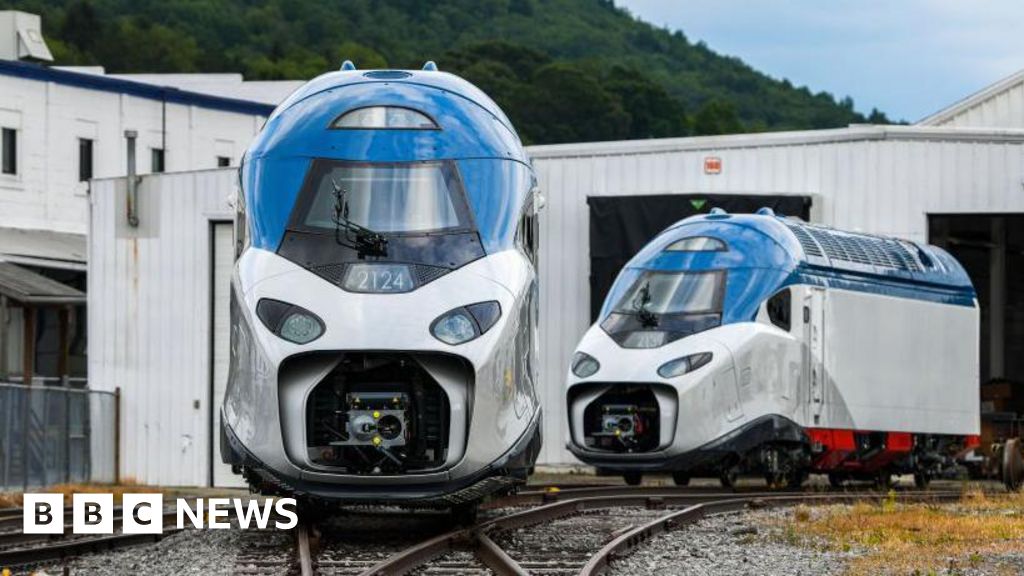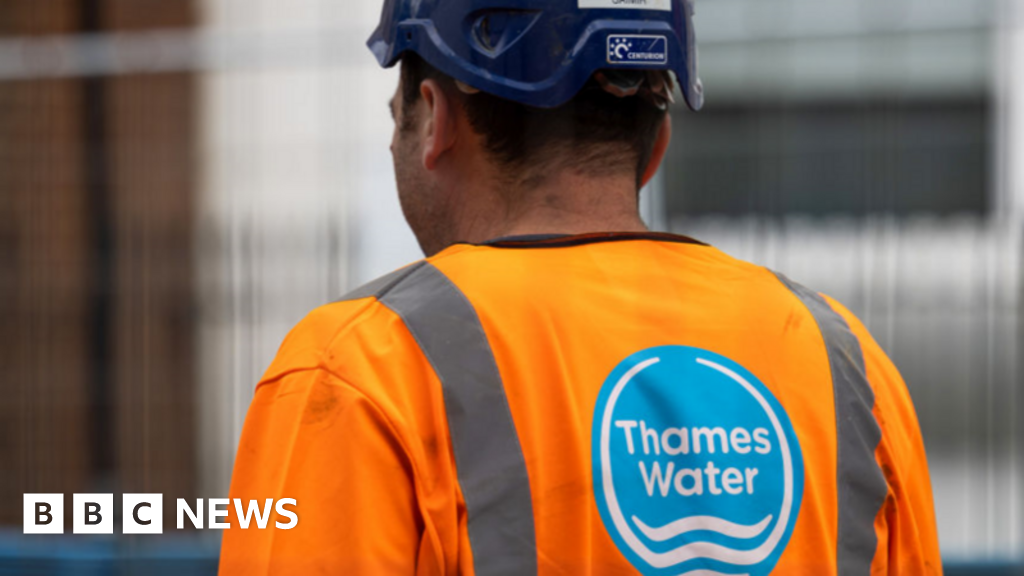ARTICLE AD BOX
Image source, Getty Images
UK food and drink firms say they remain concerned about supply shortages as a deal which ensured carbon dioxide (CO2) supplies comes to an end.
CO2 is used in fizzy drinks, to keep packaged food fresh and to stun livestock before slaughter.
The government stepped in to subsidise a major CO2 producer in October after its shutdown due to high gas prices threatened food supplies.
The arrangement ends on Monday, despite continuing high global demand for gas.
Industry body the Food and Drink Federation is warning supermarkets could suffer shortages of some foods if the deal with US firm CF Industries is not extended.
CF Industries, which supplies 60% of the UK's food grade CO2, said they "continue to negotiate" with their industrial gas customers to "extend CO2 offtake and pricing agreements".
After previously putting up money to secure supplies and brokering the deal, the government has said it is now up to CO2 firms to ensure continued supplies.
"We are continuing to work closely with both the hospitality and food and drink industries, and do not expect any significant disruption to essential food supplies," a spokesperson from the Department for Business, Energy and Industrial Strategy said in a statement.
Last year, CF Industries temporarily shut its facilities in Cheshire and Billingham after fertiliser manufacturing became uneconomic because of the rising price of wholesale gas.
Supermarkets began reporting limited stocks of some food items, while the pig industry warned that if slaughterhouses could not process animals, then farmers would have to cull their stocks.
CF Industries reopened its Billingham plant after the government agreed to provide financial support for running it for three weeks.
The company agreed to continue supplies of gas until the end of this month.
A Food and Drink Federation spokesperson said that with energy prices "still very high", there would be further CO2 shortages which could result in supermarket shortages that would add pressure on to families already coping with high food-price inflation.
"We will continue to work with the government on this," the Food and Drink Federation said.
"It is critical that together we ensure supply can continue and that we build long-term resilience into the production of food-grade CO2," the spokesperson added.
Image source, Getty Images
Analysis
By Ben King, business reporter
CF Industries keeps its cards close to its chest.
But this winter it might be easier for them to justify keeping the crucial plant at Billingham open, even though gas prices remain high.
The CO2 it produces, so vital to so many industries, is made as a by-product from producing ammonia, a chemical used in fertiliser manufacture and other industrial processes.
And it's a great time to be making ammonia.
World ammonia prices have surged since September, when the government reached into its pocket to convince CF Industries to turn Billingham back on.
The global benchmark price, CFR Tampa, has almost doubled to a record high of $1135 a tonne this month, according to market data provider Independent Commodity Intelligence Services (ICIS).
And if war disrupts the 20% of global supply which comes from Russia and Ukraine, prices could go higher still.
"If I was an ammonia producer at the moment, I would want to keep on producing," said Richard Ewing, who watches the ammonia market at ICIS.
But only CF Industries will know if this is enough to keep Billingham open.

 3 years ago
43
3 years ago
43








 English (US) ·
English (US) ·